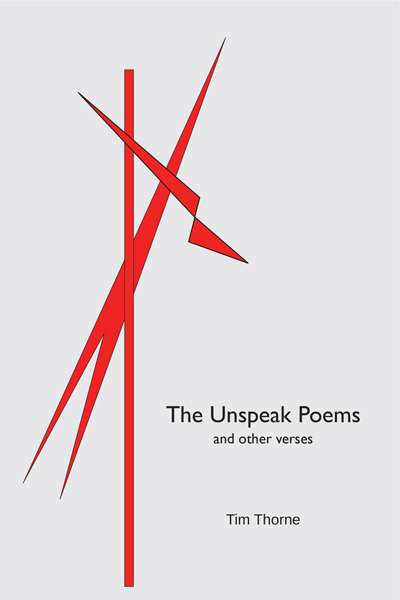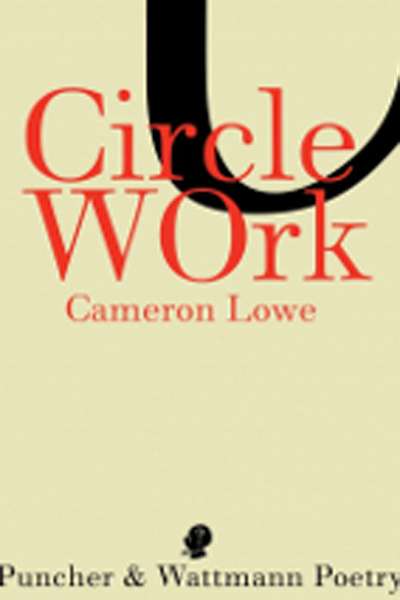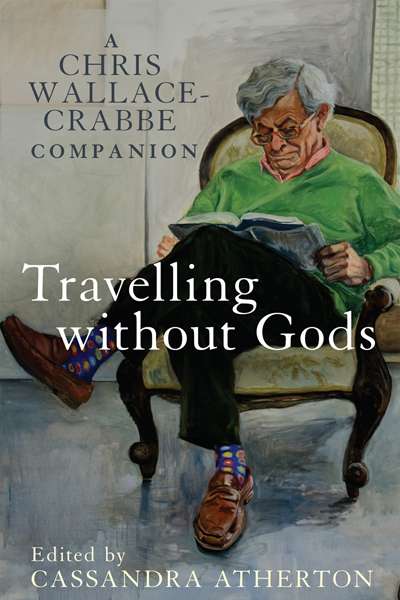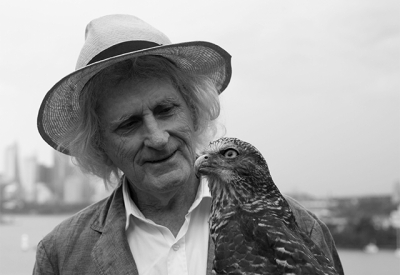Australian Poetry
Film | Theatre | Art | Opera | Music | Television | Festivals
Welcome to ABR Arts, home to some of Australia's best arts journalism. We review film, theatre, opera, music, television, art exhibitions – and more. To read ABR Arts articles in full, subscribe to ABR or take out an ABR Arts subscription. Both packages give full access to our arts reviews the moment they are published online and to our extensive arts archive.
Meanwhile, the ABR Arts e-newsletter, published every second Tuesday, will keep you up-to-date as to our recent arts reviews.
Recent reviews
Wisps of smoke, lamplight on manuscripts.
Pages fanned across an oak stool.
The hearth absorbs the stain of living.
In my dream I was surrounded by seraphs
wearing morning suits, looking at me
quizzically in the crowded Parliament. Then I was being chased
by a Russian mountain lion who drooled a lot
your passport is out of depth keep a code in a quadruplicate place
drop it into a box or a cloud to renew your password enter
answers only you know the questions to family secrets
Axon: Creative Explorations, Vol. 4, No. 1 edited by Lucy Dougan et al.
Travelling Without Gods edited by Cassandra Atherton & My Feet Are Hungry by Chris Wallace-Crabbe
Poetry is song, every word in every line must work, each word transcribed like a note, each line connected to a breath. Fine prose is song, too; each word in the sentence must earn its existence. Thought is both a god and a devil to the line’s ability to sing.
... (read more)





